|
To Whom It May Concern: Why is it that when there is a death by disease or accident, there is awareness raised throughout the community but when there is an intentional death, there is silence? Recently, as we are aware, there has been an increase in the number of suicides at high schools throughout Westchester County, New York. Legally, toying with the word “suicide” is dangerous, so instead it seems as if we have chosen not to address it at all in hopes to avoid conflict. Maybe people also believe that by not talking about it, the pain will go away since we aren’t having the thought in the front of our minds constantly. All of these suspicions are completely wrong. Growing up, people want to hide factors such as mental health conditions to young kids and teenagers because it can potentially worry them or maybe thinking that since of the age, the child won’t be able to process this thought well. In a high school, it is completely understood that all of these factors may come into play but it is not understood that there are other things that the administration can do to support the cause and raise awareness but they are not. It is never okay to silence an incident like this and pretend like nothing happened as we all go about our daily lives. We are here to end the silence. If you think about it from the point of view of a family member or close friend, it is heartbreaking to lose someone who held a fraction of your heart. It makes it even worse that many schools are doing nothing to try to relieve the pain in any sort of way. The guidance counselors and psychologists say that they are around 24/7 for us students to go to and talk about how we are feeling, but what does it really say about the school when, the next day, the death is mentioned only once and seemed like an obligatory address, not even enough to commemorate the loss we have all just suffered. As attending students of a school that has lost students to suicide, we understand the pros and cons and legal issues involved with this situation but it is not in any way acceptable that this event passes without any acknowledgement except the day it happened. We know that for the sake of this students parents and their security, they may not want an assembly showcasing the tragedy, and we are not asking for an assembly or anything of that nature to be addressing that directly. What we are asking is that we show some love and acknowledgement all around the school and to have an assembly to honor people with mental health conditions, to show that everybody is cherished and remembered in different ways and to lastly show that there are ways to help and potentially prevent extreme measures having to be taken. After all, our school motto is “Acknowledge, Respect, and Unite,” so we need to maintain our stance on that saying, especially during a hardship like this. Every individual handles grieving differently, but the worst way to handle it, is for the feelings, whatever they may be, to stay festering inside of one's mind. It is prominent that many students are upset at not only this unfortunate event, but that the school’s lack of attention to it (personally speaking). The silence needs to be ended, and if the school cannot talk about mental health or mental illness in a mature and sensitive way to the students, a few of us are willing to go beyond our high school and onto a national organization which we have already reached out to. The goal is to help raise awareness and make sure people know that traumatic events like this can be prevented. There are always people that will listen, even if it is uncomfortable to talk about mental health conditions. Growing up in a family that has had/have a couple of people with mental health issues, it was hidden from me all of my life until recently I had to do my own digging to help the facts become uncovered. It is obvious that my family did not want to talk to/ open up to me nor each other about the serious issues going on and I have had enough of that at home and I will not stand for it at school either. There is nothing to hide from people about a chemical imbalance of the brain which is uncontrollable. The serious issue that we face in our society is that mental health conditions are more often than not, labeled as a flaw or problem, when in fact it is quite the opposite. By being silent we are feeding into the stigma that a mental illness is a problem or something to fear, when in reality the statistics show that someone living with a mental health condition is much more likely to be a victim of circumstances. Talking about this issue to students and young adults is very touchy but there are ways to properly go about it. The road to recovery or any healing process is something that people need support with and which is why our school needs to take this almost as a wake-up call and educate people on mental health disorders and the facts of the matter that go along with it. Not all students may feel this way, but I am speaking on behalf of the students who are upset by the recent events. Once again, we are not asking that the school addresses the recent death, we are just hoping to raise awareness and help the healing process for friends and family because it is contemptuous for a life to be lost and make it seem like nothing happened. It is not natural for people to recover from such a traumatic experience at such a young age quickly or quietly. This calls for a great need of support in this community and it seems to be that a lot of people are handling this in the wrong way. Hopefully there is a solution that can be negotiated to benefit both sides of the spectrum. Thank you. Respectfully, A Concerned High School Student The author of this letter has chosen to remain anonymous. Conquer Worry obtained permission to print before posting the letter.
0 Comments
Windows are smashed. Doors morph from one side to nearly the other. Glass glitters like fiery dust beneath the broken vehicle. It is a scene stuck in time. No hurried footsteps, no one rushing from ambulance to automobile. I shudder as I sit in my car. The accident reminds me of my own, though mine wasn’t nearly as severe. But the images, the feelings, the emotions, they are the same. Fear. Anxiety. Worry. I worry every time I step into a vehicle, for reasons such as this. Crashes. Life that ends, or is wounded forever. I worry my brain will once again be flung inside my skull, and memories will be lost, maybe this time for good. It sounds selfish to think of myself, doesn’t it? But I can’t help it. Once the brain has failed, you are afraid of it failing for eternity. As I sit in this place, at a light that is forever red, I wonder about the people in the car, who they were, what they were doing when they were hit. Were they mothers, fathers, children? Was it a couple on vacation, like my husband and I had been? A thousand drums pound in my head, my gut twists like a knotted rope, my heart beats inside my chest. Sweat drips down my neck. It’s doing that now. I tremble. Shake. My knees bounce. I push them down. “Turn green,” I say to the light. “Please turn green.” I have no choice but to watch the situation before me, and wonder what could have been. Five minutes earlier, would it have been me? The light changes, and I drive away, turning my head as I pass. Nothing has changed. A car on an empty stage. A mesmerized audience, waiting for the outcome. I lift my hand, wipe away tears that slide down my cheeks, and begin to pray, “Please, Lord, help the people in that car, if they can still be helped. Be with their families, whoever they are. And, Lord, help me, too. I am so afraid.” It could happen again. I know this is true. There’s probably nothing I can do to stop it. I’m afraid I will worry anyway. But something has changed in my worrying. Where once I only worried about me, I now worry about others, too. When sirens scream, and emergency vehicles rush past, I worry about the injured, and about me. And then I pray, not just for me, but others, too. About The Author
Guest Post by Andy Macia Edit and Post Design by Christy Zigweid Image by Kenznguyen via Pixabay Design made in Canva Addiction is a cruel, controlling monster consuming both you and those you care about. I speak from personal experience because my addiction not only led me to doing time in prison but also to the decision where I was going to end my life. Fortunately it never happened because my mom knew something was wrong. She stopped me from making the biggest mistake of my life and got me the help I needed. I was admitted into rehab and it saved my life. I learned how to work through my self-hatred and guilt, and realized I had everything to live for. I got my head down, studied and tried to repair all the damage I did to myself and family. Now I co-own a successful digital marketing business, which gives me focus and the hope of a brighter future. My parents were so supportive during rehab and with their help and my sponsor, my recovery has been a positive one. In this article, I will explain what addiction is. I will also share three vital life lessons I discovered during my time in rehab, which I hope can give you or someone you love something to consider on the path to recovery. What is Addiction? Addiction is when someone becomes completely enslaved to a habit or substance that makes them psychologically and physically dependent. Addictions are not only restricted to drugs, alcohol and other substances but also to sex, work and even sleeping. Addictions are usually used as a coping mechanism for psychological factors such as depression, stress and even boredom. Some people are genetically predisposed to become addicts and can’t avoid it. There is always an underlying reason why people turn to their addictions for comfort. People can get confused when it comes to addiction. They often ask themselves is it a disease or a choice? There are complex biological causes behind addiction, which makes it similar to an illness. However, many only see it as a weakness in character and believe the addict chooses this way of life. Society tells us an addict is someone you cannot trust. Instead, we should fear and ignore the addict. The truth is, anyone from any social background, race, age, or economic status can become an addict. Addiction does not discriminate. Unfortunately, not everyone is well informed about addiction. They don’t understand why people suffer from it, which gives them the wrong impression of what addiction really is. This point leads me into the first important life lesson I learned during rehab about addiction recovery. 1. Ignore What Other People Think of You Shame is something that comes with being an addict. People don’t know how to handle someone when they find out they have an addiction. I remember some of my parent’s friends were disgusted when they found out I was an addict. They imagined me as some kind of “junkie” lowlife who was a waste of space to society. What I realized during rehab was that if I was going to have any chance at recovering at all I had to ignore what people thought. I had to be open and honest about what I was going through. I didn’t choose to be an addict. Rehab showed me addiction is more like an illness that can be treated and can have positive results. Don’t listen to people who say you are weak and addiction is your fault. Getting help from professionals who understand addiction is a disease and can be treated, will give you the best chance of positive recovery. 2. Addiction Can Be Beaten in More than One Way After I reached my lowest point, I was admitted into a rehab center which was the start of my journey to recovery. I learned how to manage my feelings of guilt and self-loathing, which were my triggers for alcohol and drug abuse. Being in the rehab center gave me the right start to understanding why I was an addict. However, being admitted to rehab centers does not work for everyone. Some rehab centers offer an Intensive Outpatient Program (IOP) which can give the addict more freedom to continue their everyday life while getting the help they need. There are also alternative therapies such as yoga and meditation, which focus on mindfulness to help the addict work through addiction and avoid relapse. 12-step are programs also a viable option. When I left the rehab center I joined my local AA (Alcoholics Anonymous) and NA (Narcotics Anonymous) groups and they became a space where I felt safe. My sponsor became vital to my recovery success. You can search for addiction meetings in your area to find a group close to you. It is important the person battling addiction finds a recovery treatment to suit them so they don’t feel too much pressure during recovery. Don’t just do what everyone else advises but research your options carefully; try them out to see what fits. 3. Learn to Accept Your Past and Forgive Yourself During my time in rehab I wrote letters to everyone I had hurt because of my addiction, including myself. The exercise really helped me begin to heal. The time I relapsed after coming of prison was caused by allowing my own self-hatred trigger my addiction. I hated the fact I couldn’t handle my own life and I was killing everyone around me. These things pushed me closer to the edge every time and led to the inevitable relapse. Thinking about how much you’ve messed up your life and how much you have hurt people will not help you recover. I learned I first had to accept my past and begin forgiving myself for my addiction. This would make it so I could start looking forward. It is vital for the addict to go through a healing process, beginning with themselves and only then can they heal relationships around them. Recovery from addiction takes time, patience and a whole lot of strength for both the addict and those suffering with them. It is more than worth it in the long run. I hope these three life lessons I have shared with you today can help give you hope and strength so you can fight addiction successfully. About the Author
Article by Shaun O'Connor Edit and post design by Christy Zigweid Photo by freephotocc via Pixabay using @WordSwagApp The availability of medical information across the Internet has absolutely changed how we think about the process of diagnosis. In the past, coming to a conclusion about a group of symptoms was strictly the purview of medical professionals. These days, however, it’s safe to say that most people will at least Google their symptoms before making the decision to see a doctor. I don’t think that this is necessarily a bad thing. Certainly, people can overdo it, jump to panicked conclusions etc. But the fact is that with calm thinking and smart research, a great deal of empowerment is handed back to patients. In countries where medical care is costly, that can mean huge savings for people with minor conditions that a doctor would recognize straight away. Online resources can also provide tremendous support to people with conditions like depression: group communities can provide daily support and exercises for people who might otherwise have simply been prescribed medication by an overworked doctor. However, there’s a specific a group of conditions for which online research and self-analysis can be unhelpful, and even prolong the condition indefinitely: anxiety-spectrum disorders. Panic attacks, GAD, agoraphobia, PTSD, social anxiety, etc -- these are fundamentally different from other conditions in that while they can be triggered by any number of factors, they are driven primarily by ongoing self-analysis of the condition. There’s an often-heard truism in the anxiety community: “If you could just forget that you ever had the condition, it would stop completely.” After all, there’s no organic brain condition that’s causing the disorder to persist, it’s 100% an unwanted thought process. Certainly physical symptoms can occur simultaneously (muscle tension / pain, shortness of breath, etc), but these are a result of the anxious thought process, not the other way around. Depersonalization is one of the most frightening symptoms of anxiety, a feeling of being cut off from your surroundings, as if in a dream or looking at the world through a pane of glass. Friends and loved ones can seem like strangers and you may even feel as if you don’t recognize yourself in the mirror. The sensation itself is commonly experienced (temporarily) when going through a traumatic experience but for many people it can persist and become Depersonalization Disorder (DPD). DPD is one of the more self-reflexive iterations of anxiety, since unlike say, panic attacks or social anxiety, it can persist 24/7 without any apparent trigger. This, coupled with a general lack of medical awareness on the subject, invariably means that sufferers end up intensively searching online for diagnoses, advice etc. And here’s where the availability of medical advice online becomes a problem, often leading sufferers to forums and discussion boards populated with people who are, in the main, as confused and frightened as they are. While a condition like depression can be greatly helped by speaking to a supportive community on a regular basis, the opposite is typically the case for anxiety-based conditions like depersonalization. Disorders like DPD thrive on self-analysis, be it positive or negative, and every message, post and comment reasserts their validity. I suffered with chronic DPD for two years and know all too well the frustration it creates. The urge to research the condition online is almost overwhelming: there’s always the hope that there’s some unseen post out there that will explain the condition, some new pill or combination of old medications that will be the magic bullet. The sad irony is that that very hope for a sudden recovery is both disregarding the nature of the disorder and causing it to persist. Sure, it can briefly feel productive (and even healthy) to do research, to ask more questions about the condition. But the problem is that there’s always more questions. There’s always more research to do. It’s only when you accept that the questions themselves are fueling the condition that recovery becomes possible. The availability of online medical resources and forums has in many ways democratized how we think about the distribution of medical information and diagnoses. But it’s vital to remember that there is a growing subset of anxiety conditions (incredibly, an estimated 2% of people in the US experience dissociative disorders) - Depersonalization being a prime example - that can persist specifically because of the sufferer’s endless need to seek out more information. For sufferers of these types of conditions, online research is very much a mixed blessing. About the Author
Guest post by Marcus Clarke Edit and post design by Christy Zigweid Photo by Kanenori via Pixabay made using @WordSwagApp We’ve all had moments of worry or anxiety where our hearts palpitate, we feel sick to our stomachs and either obsess or can’t concentrate on the problem at hand. For most of us, those physiological and emotional symptoms resolve with the problem and we continue on with our lives. People who live every day with chronic anxiety or conditions like generalized anxiety disorder, deal with physiological and emotional symptoms nearly every moment of every day. People with anxiety are clever about masking their symptoms. However, if you could ask them to be honest, you might well hear them whisper one of the following seven secrets of people who live with anxiety. Telling me “not to worry” doesn’t help…really, it doesn’tIt’s nice to be able to offer a friend in need a supportive platitude to help them through a tough time. “It’ll be all right.” “Don’t worry about it.” While you may mean well, these words are nothing but hollow and empty to an someone with anxiety. If it were as simply as saying “don’t worry,” People with anxiety everywhere would be cured, which brings me to the second secret. I know I shouldn’t worry about some things…but I still doThe reason why your platitudes won’t work for someone with anxiety is because more often than not, they are self-aware enough to know that the issue they are currently worrying about is either something they can’t change, or not really worth worrying about. But knowing this doesn’t help them to stop worrying any more than your “don’t worry,” and a lot of the time, it’s not simply one issue they are worried about. I feel like an internet browser…with too many open tabsA person with anxiety can have a mind jam-packed with worries and anxieties. Some of these worries may have merit such as an overly stressful job or upcoming public speaking event. But a lot of these worries will be about mights; something that might happen, a conflict that might occur. These catastrophizing thoughts (irrationally imagining the very worst that might happen), revolves around the person having a back-up plan to prepare for the worst. Because at the end of the day, the worst is not an option to them. Failure is more than just a fear to me…it’s a death sentenceWhile most of us dislike failing, for someone with anxiety, the idea of failure is abhorrent. A particular type of anxiety, atychipobia, addresses “fear of failure,” and describes how the person will go to extreme lengths to avoid being in a situation where he might fail. These lengths can include perfectionism, procrastination, and avoidance. The lengths to which a person with anxiety may go to avoid failure can leave them incapacitated. My anxiety can cripple me…emotionally and physicallyWith a head full of “open browser windows" and a modus operandi shifting between procrastination and perfectionism, people with anxiety can quickly become burnt-out and physically broken. Anxiety-sufferers often feel a great deal of frustration and irritation and often these symptoms manifest outwardly. People with anxiety may also be plagued with tense and aching muscles, high blood pressure, headaches, and exhaustion. I don’t fall asleep…I get so exhausted I pass out at nightWe have already established that people with anxiety cannot simply stop worrying or shut off their anxieties; there is no better (or worse) place to dwell and magnify these worries than in bed before falling asleep. Many people with anxiety have extreme difficulty with falling asleep because their minds simply won’t stop playing over their worries. Inevitably, worry and anxiety about falling asleep rears and new worries start to consume them. This can lead to sleepless nights, exhaustion during the day, irritability and poor concentration, and potentially absenteeism. I tell people I’ve got a stomach flu…I’m really just having a bad anxiety day.With the stigma attached to mental health illnesses still widespread in society, a lot of people with anxiety feel the need to hide the real reason behind a sick day. It seems so much more socially acceptable to say, “I have gastro,” instead of “I couldn’t sleep all night because of my anxiety and now I feel terrible.” Lying about the real reason behind the sick day, and even the dreaded phone call to the boss, can leave the person even more anxious than before. So whilst we all have those things we worry about, or dwell on certain upcoming events, at the end of the day, for most people, when the stressor is resolved, so too is the anxiety. People with anxiety do not have this luxury. For them the anxiety goes on and on and inevitably leads them to have anxiety about having anxiety. About the AuthorMarcus Clarke has a degree in psychology, a masters degree in health psychology and has worked within the NHS as well as private organisations. Marcus started psysci a psychology and science blog in order to disseminate research into bitesize, meaningful and helpful resources that are interesting and insightful and often help people on the right track to improving their lives.
Article by Irving Schattner Post design and edit by Christy Zigweid Photo by Unsplash via Pixabay made using @WordSwagApp As technology continues to innovate and connect people seamlessly via smartphones, tablets, and laptops, it has become easier to get help for emotional/psychological problems. The advent of online therapy from the comfort and security of home allows trained psychotherapists to assist clients regardless of their physical location. All that’s needed is an internet connection to conduct online therapy sessions. There are many reasons to choose online therapy over traditional in-office counseling. Often it may be difficult to arrive at the therapist’s office because of your remote location or transportation problems. With online therapy, you never have to leave the house and get to reap all of the benefits of face-to-face sessions. Online therapy is less intimidating with less stigma attached, and you can choose between having a single session to try it out for ongoing therapy. It is entirely possible to engage in online counseling with a trained psychotherapist from home, work, or even while traveling. This method of counseling is generally more affordable than face-to-face therapy sessions, and you get to save on gas without the need of traveling to a therapist’s office. Online therapy offers flexible scheduling to accommodate your schedule. People with physical limitations or a limited ability to travel can benefit greatly from online therapy. If you relocate frequently, it gives you the opportunity to keep the same therapist for a continuum of care. The benefits of online therapy are endless and continue to be discovered as more people make the jump to online counseling. Photo by Picography via Pixabay Effectiveness of Online TherapyThere have been many studies pointing to the fact that video therapy and online counseling are effective tools that help reduce the prevalence of anxiety, depression, and a host of other psychiatric conditions. A peer-reviewed study published in the Canadian Medical Association Journal, took a close look at studies of online cognitive behavioral therapy (CBT) conducted between 2000 and 2012. They found that CBT is a widely used and well-researched form of therapy, with most studies saying face-to-face forms of this treatment are highly effective. CBT focuses on reducing negative thoughts, thereby changing behavior and alleviating symptoms. Most of the studies tracked participants for eight weeks to two years after undergoing online therapy sessions from home. Researchers conclusively found that online cognitive-behavioral therapy could effectively reduce symptoms of depression, anxiety, and other mental health issues. In some cases, online therapy was even more effective than traditional in-office therapy. The evidence supporting online therapy’s effectiveness is significant and continues to grow. About the Author - Irving Schattner, LCSW
Article by Irving Schattner Post design and edit by Christy Zigweid Photo by ADD via Pixabay made using @WordSwagApp Worry zaps precious energy and motivates us to act against our best interests. When worry takes hold, our mental filter becomes clouded. Our mental filter allows our brains, when properly activated, to focus on relevant life-sustaining tasks and growth-seeking opportunities. When clouded, our mental filter negates what’s truly relevant and important for healthy growth and development. Our brains function like computers - storing, processing and sorting through data at lightning speed, often on automatic pilot or on a subconscious level. However, when we are riddled with anxiety and worry, our capacity to think and act rationally is impaired. It’s as if our brains, our human computers, are offline. When this occurs, our logical, reasonable, analytical and problem-solving higher self (mediated through our fore-brain) is hijacked by our mid-brain. Our mid-brain contains our amygdala which regulates our emotions and survival instincts. Functioning at optimum level, the amygdala governs healthy emotional regulation and our fight-or-flight response. The amygdala can help us to assess real dangers and take appropriate action. On the other hand, if you suffer from excessive anxiety and worry, your amygdala is most likely functioning in an overactive state, assessing danger when there is none or overestimating the probability of danger. Worry, Anxiety and StigmaExcessive worry or anxiety can lead one to feel great shame and fear of stigma. The whole world seems normal while you may describe yourself as “crazy” or “abnormal.” Uncomfortable with having physical discomfort noticed by others around you, may lead you to cover-up or avoid your anxiety and worry for fear of being stigmatized, criticized or judged as somehow different or strange. This fear of evaluation by others keeps you on guard, suspicious and even judgmental of others. You may go so far as to avoid situations and people that trigger worry or panic, thus limiting your ability to participate in meaningful opportunities to challenge the very negative thoughts, beliefs and behaviors that are reinforced through continual avoidance. Avoiding discomforting physical symptoms associated with anxiety and worry further reinforces avoidance. As your avoidance takes on a life of its own and generalizes to new, even unexpected, situations, so too your belief in your ability to gain mastery over your life diminishes markedly. You start to feel boxed in, hopeless, and desperate for anything to take the pain away. Some people turn their worry and anxiety into isolation, depression and even anger. Others turn to various forms of addictions – sexual, chemical, gambling, codependency – as well as other self-sabotaging behaviors to self-soothe. Feeling shameful and stigmatized by one’s worry, anxiety and depression can lead to the belief that one is “doomed to suffer through their discomfort and that change is not possible.” This negative view of one’s status makes it difficult, if not seemingly impossible, to take steps that can result in a shift in thoughts, belief and, ultimately, behaviors that challenge the status quo and foster change. In order to change you must acquire increased awareness and clarity into the nature of your discomfort and be willing to take action. Awareness and insight into the nature of your discomfort and what fuels it the first part on the road to overcoming your distress. The second part is acquiring the skills to take action. These two components often require the expertise of a trained psychotherapist to guide you through the process of change. Willpower or letting time pass most likely will only prolong your misery and keep you from moving forward. A Few Tips for Reducing Worry
These are just a handful of things you can do to reduce anxiety, fear and worry. Try them and see what happens. If they happen to work, continue to do more of the same. As you progress, you can continue to introduce other skills that will, at the very least, help you gain some respite from your troubles and, hopefully, open the door to a new way of looking at and approaching life’s challenges. About the Author - Irving Schattner, LCSW
Article by Irving Schattner Post design by Christy Zigweid Photo by Tabeajaichhalt via Pixabay made using @WordSwagApp Hello everyone, I’d like to introduce to you Dariusz, a former client of mine, who wanted to share this inspiring and heartfelt letter with my readers... I’ve struggled with anxiety for many years, which fueled my addiction to pain pills. They made my anxiety diminish, and helped me feel more comfortable. Little did I know that this was a fast road to a miserable existence. Social interactions made me uncomfortable, which fueled chronic depression when I was off the drugs. To put it plainly, I was a mess from a mental health standpoint. I was broken and ready to give up, but as a last-ditch effort I reached out for help and found Irving Schattner, LCSW, the director and founder of the Counseling Center for Growth and Recovery, in Delray Beach, Florida. With his multi-faceted treatment approach and a caring, genuine perspective, I was nursed back to mental wellness on my road to recovery. Addiction, Anxiety, DepressionI remember the first time I walked into Mr. Schattner’s office, I was extremely anxious and uneasy. I had successfully completed a detox program so my body was off the drugs, but my mind was craving them to feel better mentally. I did not know how to live life on it’s own terms, without resorting to substance abuse. While I removed the drugs from my system, I was left an empty shell of a person, scared to interact with others and plagued by a history of addiction, anxiety, and depression. The treatment philosophy pioneered by the Counseling Center for Growth and Recovery, under the direction of Mr. Schattner himself, focuses on getting to the root causes of your emotional or psychological distress. I learned that feeling anxious and depressed at the same time is a common condition, and can be healed through exposure and response prevention therapy. Together, we examined my negative thoughts and beliefs through cognitive therapy and it’s connection to my self-sabotaging behaviors with cognitive-behavioral therapy. I learned how to challenge these negative thoughts and beliefs, which lead me toward achieving the things I wanted, which was freedom from the anxiety and depression that crippled my life and fueled my addiction. I learned to face my fears, instead of running away from them and numbing myself with drugs. We practiced a variety of life skills and Mr. Schattner helped me feel comfortable in my own skin again. Slowly but surely, my confidence and self-esteem increased after each session, and I was able to venture out into public and social gatherings without the fear of rejection. Online Counseling in Florida from the Comfort of HomeAfter attending face-to-face individual counseling sessions for some time, we transitioned to online counseling in Florida via an internet connection. I used my iPad for video therapy sessions without the need to drive to the practice itself. This allowed for a continued personalized experience but from the privacy and safety of home. It was much more convenient and I felt ready for this natural progression in my level of care. I still attend Mr. Schattner’s online counseling sessions today and the therapy I receive continues to help me become a stronger person. I’ve found purpose and meaning in my life instead of dwelling on the unknown and wasting my life away in fear. If you’re struggling with addiction, anxiety, or depression, don’t fear therapy or counseling. The first step is to find the courage to reach out for help and I know it’s hard because I hated changes in my life or even asking people for anything. But for me it was life or death, as continuing my miserable existence would have certainly not ended well. If I can find the courage to ask for help, then you can too. About the Author - Irving Schattner, LCSW
Letter printed with permission from both Mr. Schattner and Dariusz
Article by Lucy Boyle Edit and post design by Christy Zigweid Photo by caio_triana via Pixabay made using @WordSwagApp Let's be clear: stress is pretty much par for the course with ANY job. The fact that you're working means there's going to be some anxiety and stress involved. Even if you're engaged in a profession you're passionate about, you'll never be able to avoid the feelings of overworking, exhaustion, or pressure that come with trying to earn a living. But there are a few jobs that are MORE stressful than others. If you think you're having a rough day dealing with a pesky coworker or a micro-managing boss, wait until you see what the 7 professions below have to deal with... Military PersonnelWhen it comes down to it, there are NO jobs more stressful than putting your life on the line in defense of your country. From the moment you enter basic training, your life is one of stress, pressure, and testing as you learn the skills you need to survive in combat. Combat is the single most intense experience on Earth, and most military personnel go through it over and over for years at a time. PTSD rates among military personnel are incredibly high (up to 20% of all Iraq and Afghanistan vets suffer from PTSD). The acts of violence and horror witnessed by military personnel make for an incredibly stressful situation. ER Physician/SurgeonYou haven't known stress until you've spent hours trying to save the life of man, woman, or child in critical condition. ER Physicians deal with the stress of people running into their clinic in desperate need of medical attention. Surgeons are LITERALLY slicing people open to try and repair internal damage. And as a surgeon and ER physician, you do that over and over again, every day of your life. Both medical professionals are highly trained, but there's no training that helps them cope with the stress of holding someone's life in their hands; it is not a surprise that they are very susceptible to burnout syndrome. Law EnforcementPolice officers, detectives, and agents of law enforcement lead very stressful lives. The physical and emotional stress of investigating murders, chasing suspects, shooting and being shot at, and witnessing the worst of human nature takes a heavy toll on law enforcement officers. Depression rates are 200% higher than in other professions. The average police officer sleeps for less than 6 hours a night. It takes a special type of person to cope with the stress of law enforcement. FirefightersFirefighters may not get as much attention as police officers, but their jobs are equally stressful. They spend their lives running into buildings that are ablaze, crumbling, and close to collapse. Many firefighters are also EMTs and paramedics, or participate in water rescues, accident scenes, or rescue efforts after natural disasters. The working conditions are hazardous and firefighters often see horrible things that no one should ever have to witness (like people being burned alive). Airline PilotsThe life of a pilot basically comes down to TWO intensely stressful moments: take-off and landing. Landing a plane filled with people is no easy task, even when the airplane is working perfectly. It can be incredibly stressful to spend hours every flight checking the equipment, monitoring everything from wind speed to weather patterns, and preparing for the heart-stopping moment when you touch down on the tarmac. The stress of landing a plane is so intense that pilots are only permitted to fly for a certain number of hours before taking a break. Stress rates among surgeons is a reported 30%, while a staggering 74% of pilots claim stress influences their actions. Photo by TeroVesalainen via Pixabay Emergency DispatcherThe physical stress of an emergency dispatcher isn't too bad—after all, you spend most of your day sitting in a chair answering phone calls. However, the emotional and mental stress can be worse than most of the other professions on this list. Emergency dispatchers receive all 911 calls, meaning they hear about domestic violence, homicide, arson, and crime reported. It's incredibly stressful to try and remain calm while someone is crying or begging for help. Emergency dispatchers have to collect addresses to dispatch the proper emergency services. They may even walk the caller through the steps of saving a victim's life if EMTs or police officers can't reach the scene in time. Talk about a high-pressure job! Newspaper Reporter/JournalistIt may not sound stressful to write, but the truth is that being a reporter or journalist can be VERY intense. You have to stay on top of all the latest news and you have to be available at a moment's notice to cover a breaking story. Most journalists and reporters are always trying to find a new scoop or exclusive story. The pay is low, the hours are long and unpredictable, and there's no such thing as "off duty" when you write for a newspaper. About the Author
Article by Irving Schattner Edit and post design by Christy Zigweid Photo by JESHOOTS via Pixabay made using @WordSwagApp Online therapy has been receiving a lot of attention lately. It refers to therapy conducted remotely via the internet or over the phone. There are a number of applications that allow for sessions to take place via computer, iPad, or smartphone. Online therapy has some advantages over traditional in-office therapy: It doesn’t require the time and expense of traveling and it allows clients greater flexibility to engage with a therapist in the comfort of one’s home. For those whom transportation is difficult (they don’t drive and either have to depend on or pay someone to drive them to and from therapy sessions), online therapy can be a practical alternative, offering them access to services normally not available or accessible. Image by PublicDomainPictures via Pixabay Benefits of Video TherapyPersons with a fear of driving or lack of access to alternative forms of transportation, can engage with a therapist in the privacy and safety of one’s home. This may be especially helpful for those suffering with agoraphobia and/or social phobia or generalized anxiety, as well as others with incapacitating physical or health problems that pose extreme hardship in getting to the therapist’s office. Persons suffering with severe depression may also be reluctant, fearful, or unwilling to venture outside of their home and can benefit from face-to-face guidance and support with a trained psychotherapist via the internet. Photo by Wokandapix via Pixabay Clients with busy schedules may find online therapy particularly appealing, which increases their access to mental health services. For those living in remote (rural) areas where mental health services are not readily available or accessible, online therapy offers access to needed mental health services. The advantages of online therapy and counseling include: it's a good option for remote areas, it offers accessibility for those with physical limitations, it's convenient and affordable, and lastly online therapy makes information more accessible to reach a wider audience. About the Author - Irving Schattner, LCSW
|
Build Your Action Based Stress Reduction System
Popular PodcastsOlympian Suzy Favor Hamilton - From Fame to Prostitution to Advocacy
Hall of Fame Basketball Star Chamique Holdsclaw on Mental Resilience Diana Nightingale on her husband Earl Nightingale's Principles for Mental Health Success JoAnn Buttaro on Date Rape & PTSD Survival Story: Its Never Too Late Gabe Howard on BiPolar Advocacy Phil Fulmer on Teen Suicide Prison, Bipolar and Mania with Andy Behrman Columbia Univeristy's Dr. Rynn on OCD Archives
March 2018
Categories
All
|

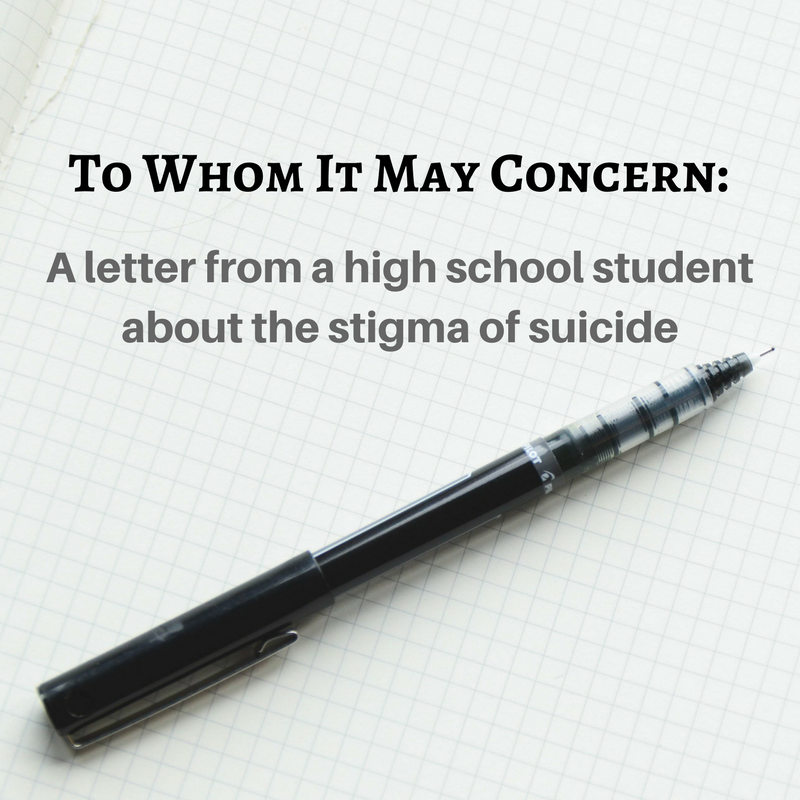
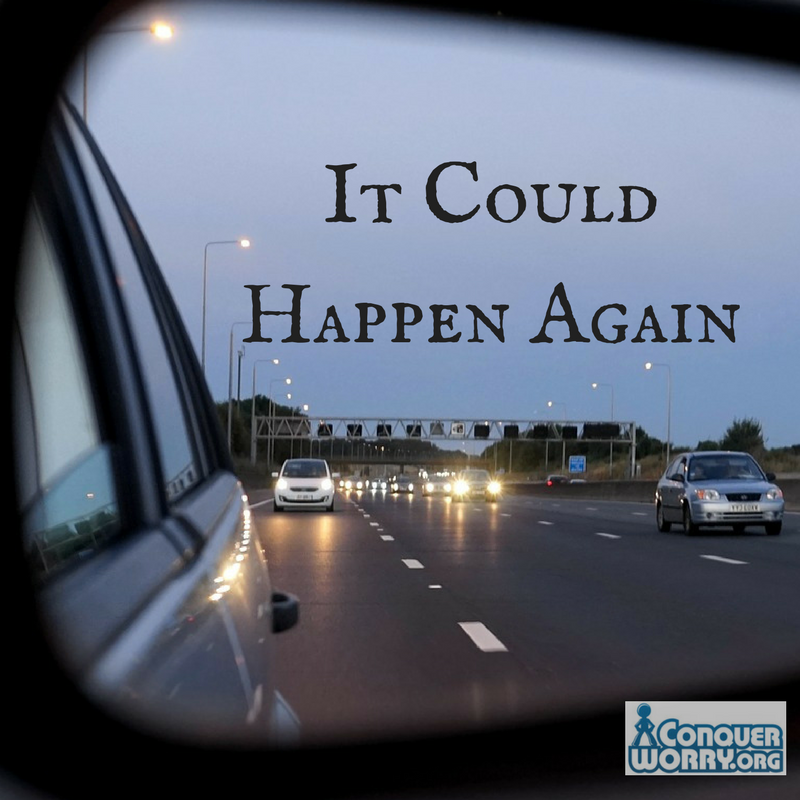
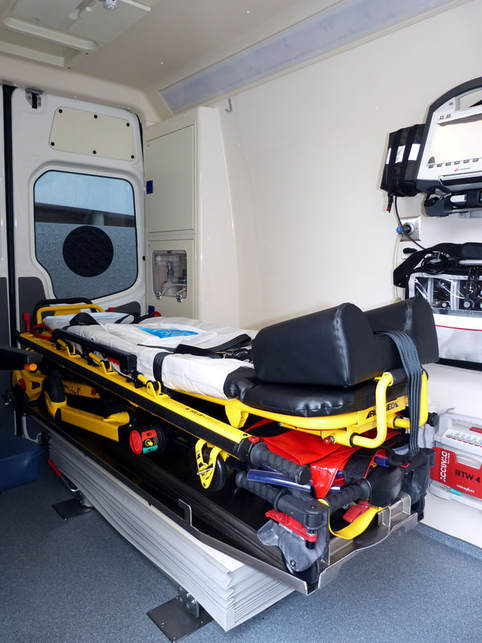
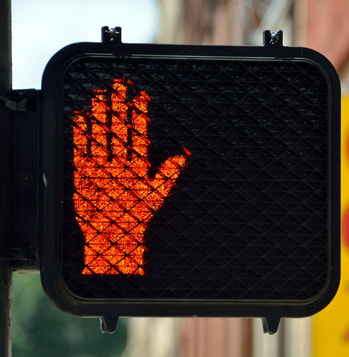

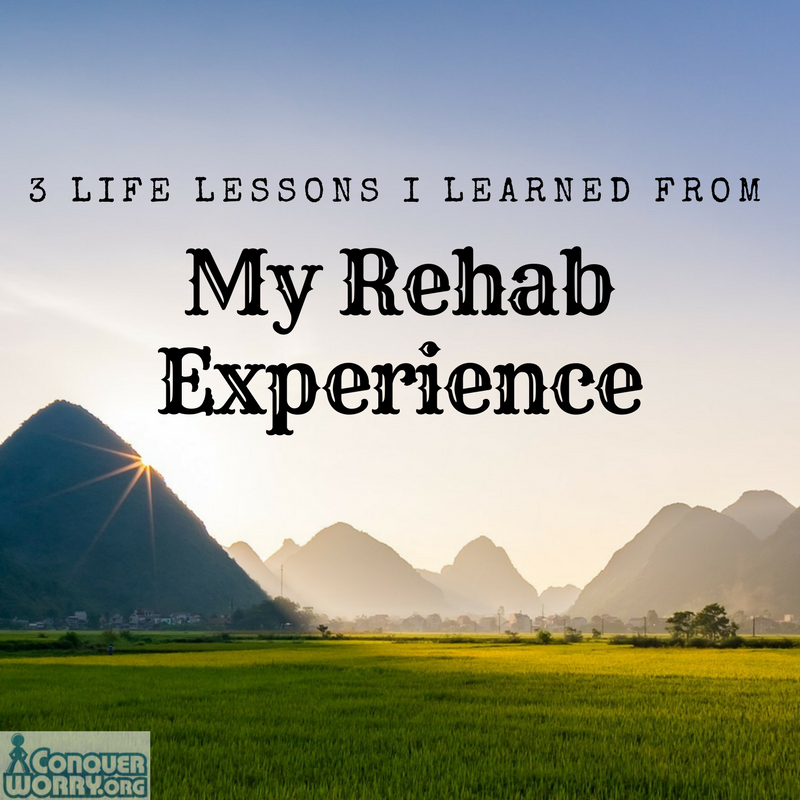

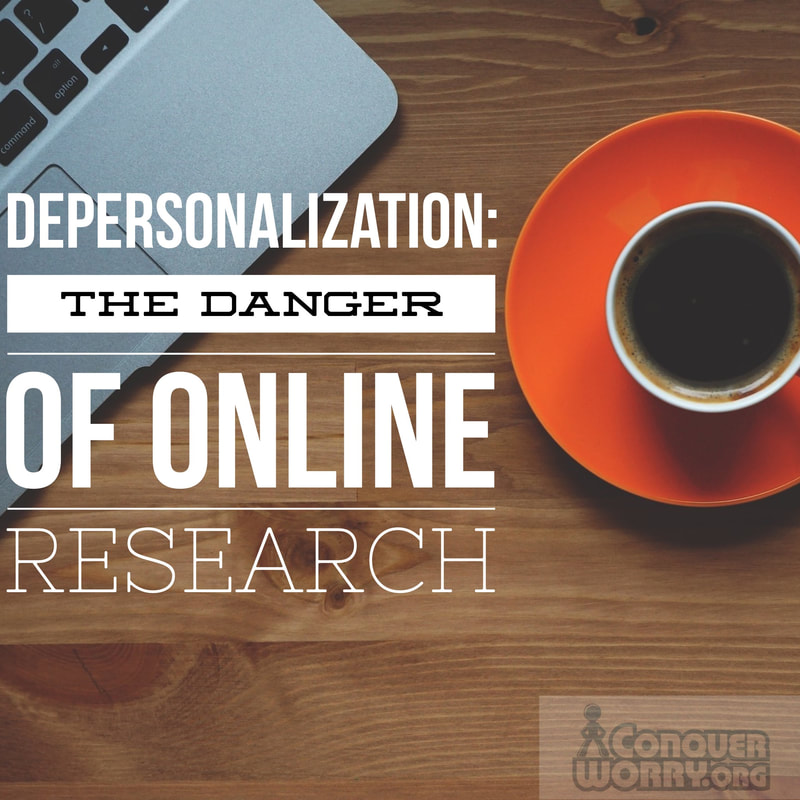

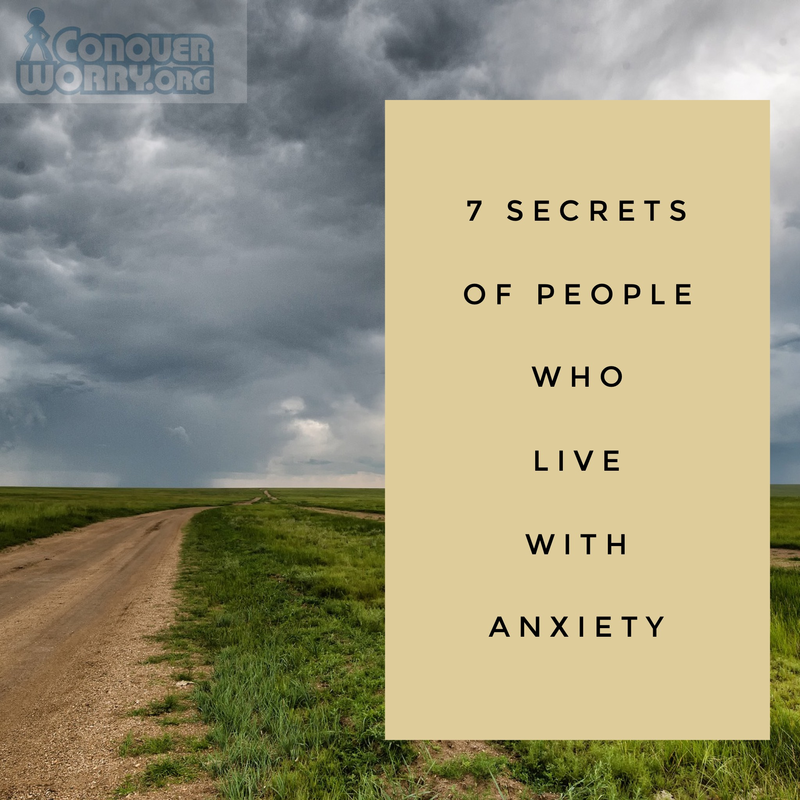

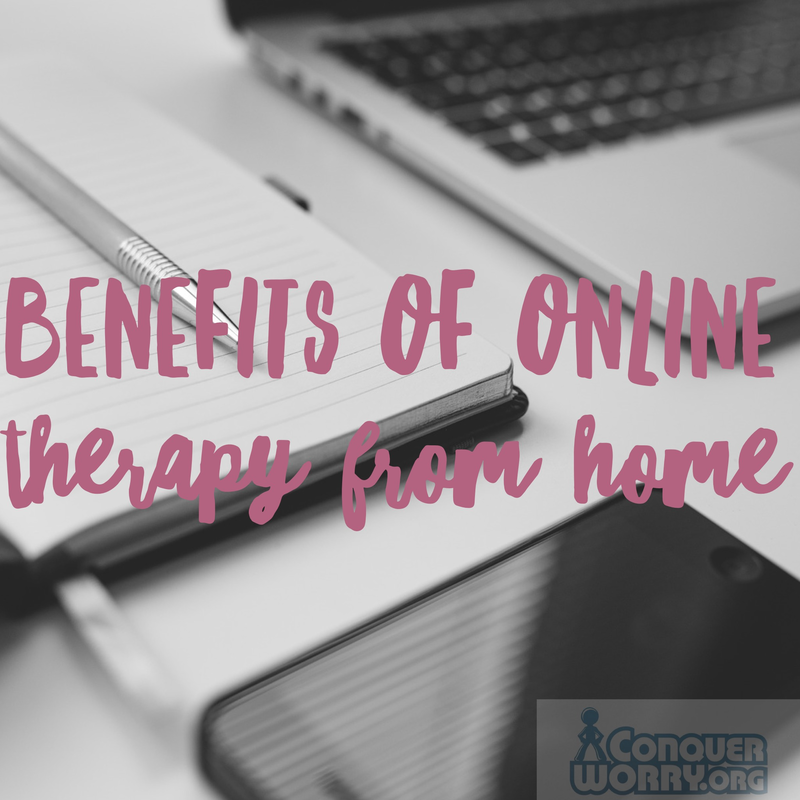

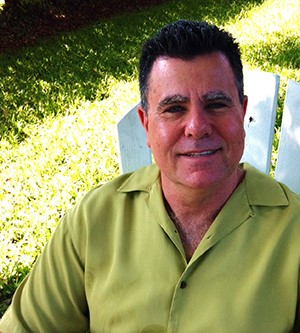
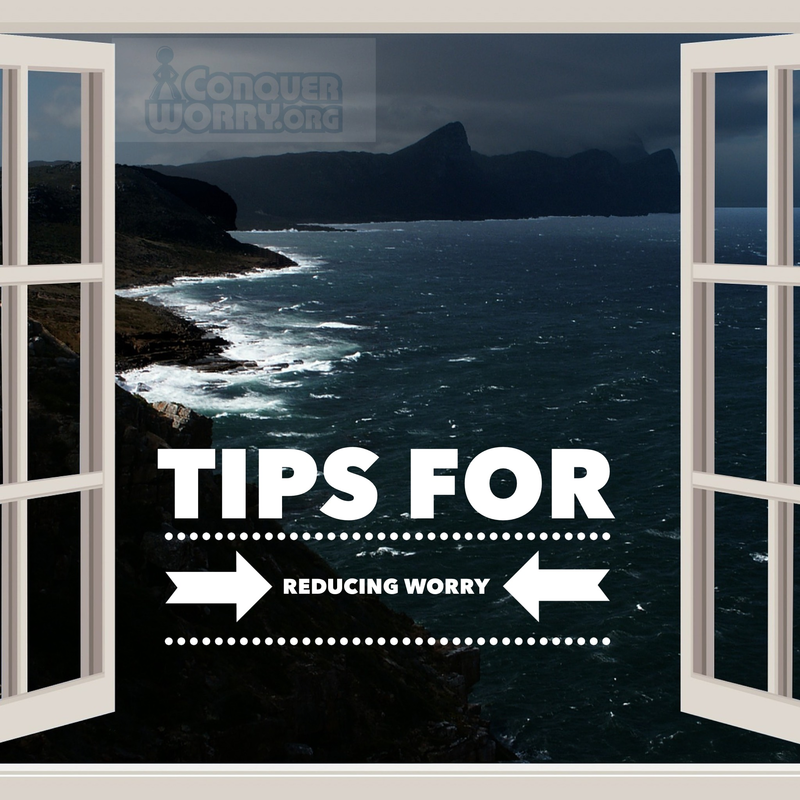
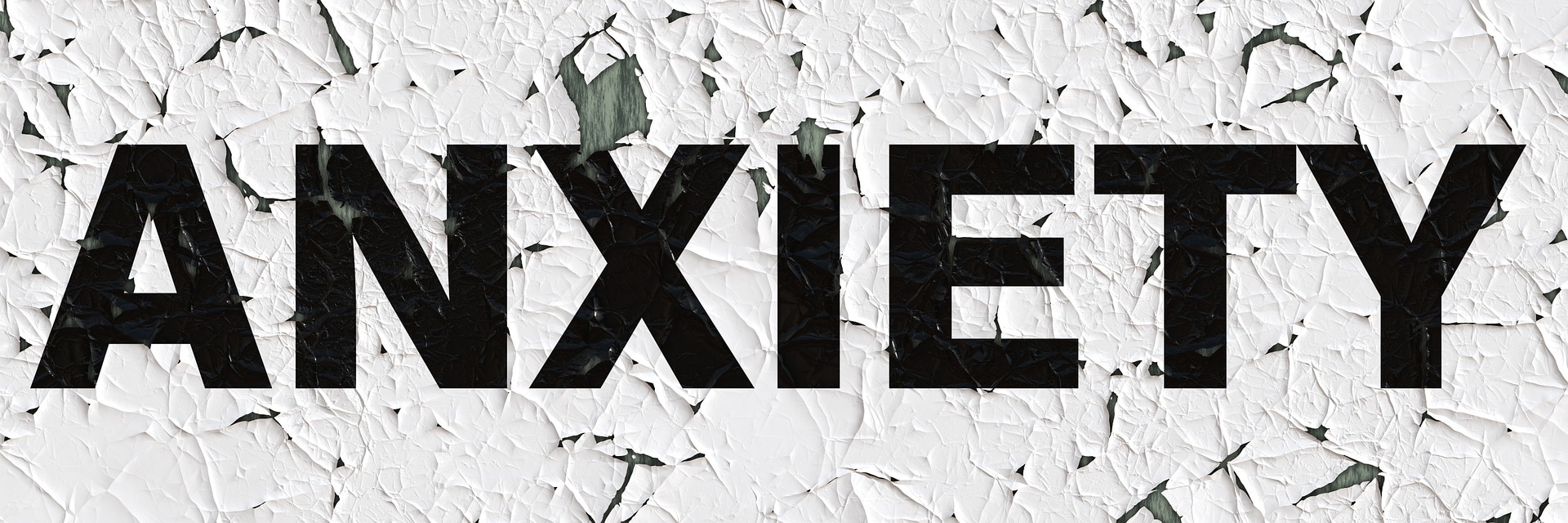
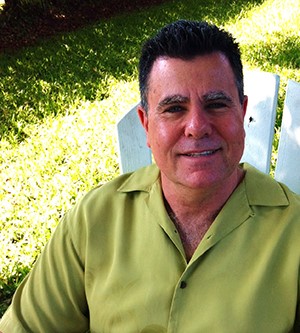
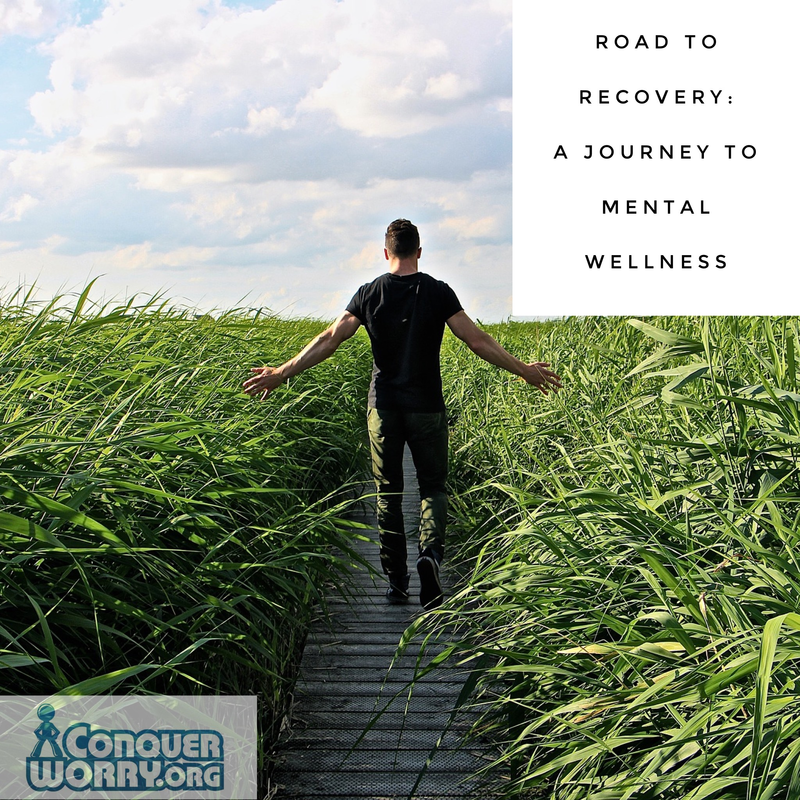

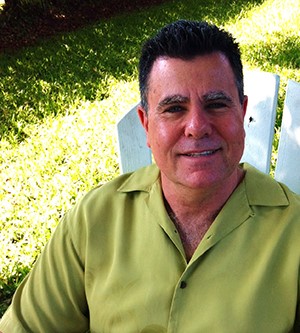
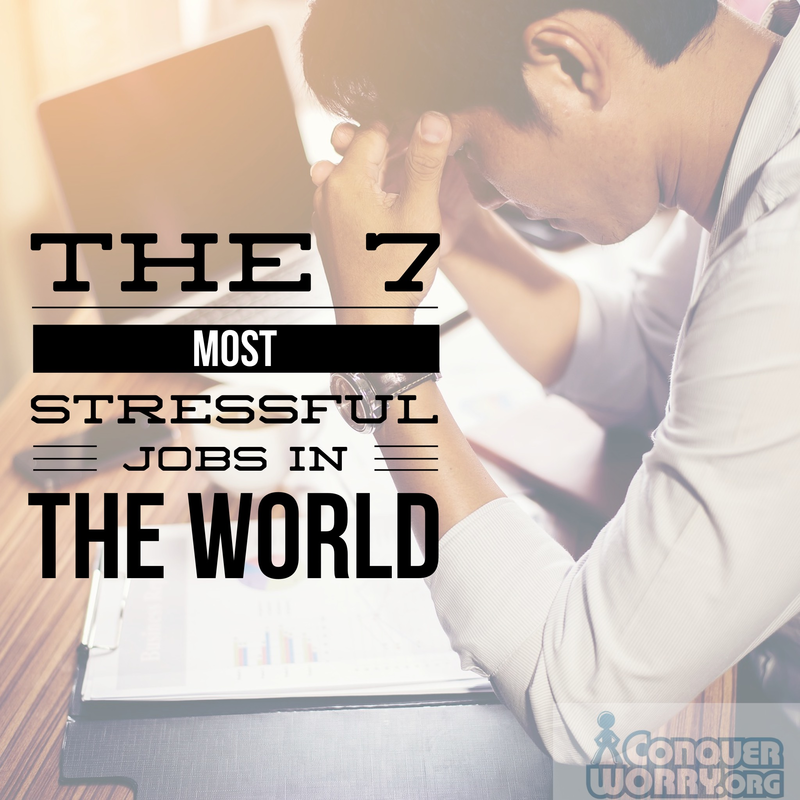

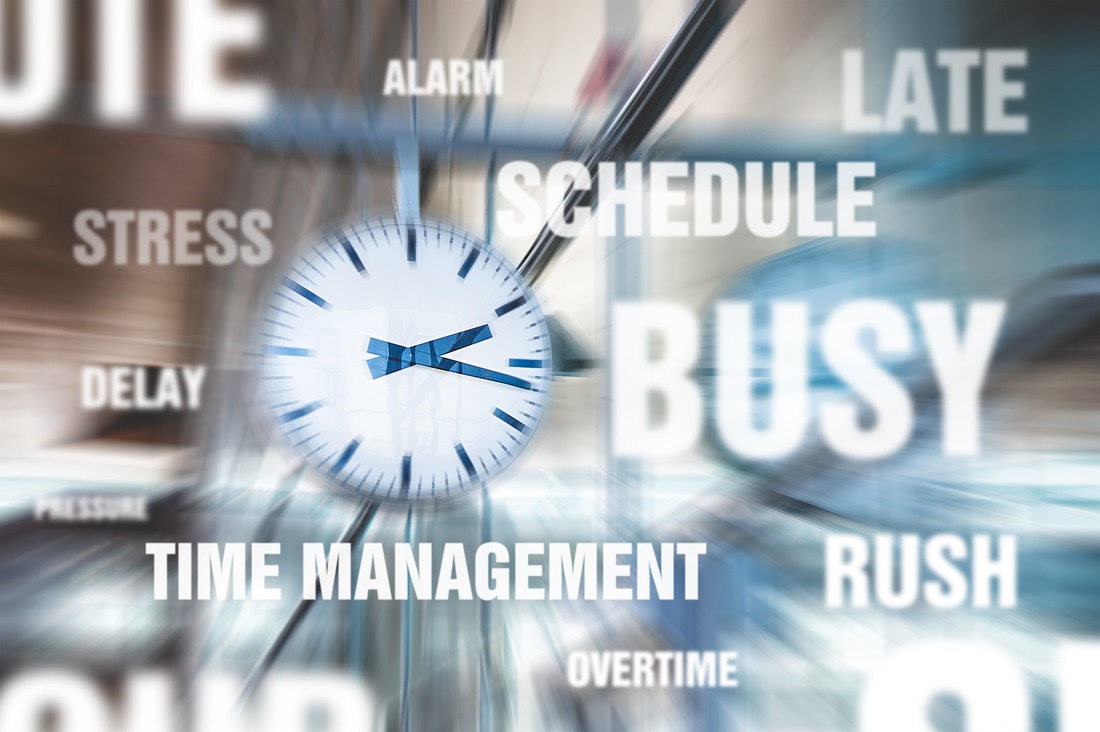

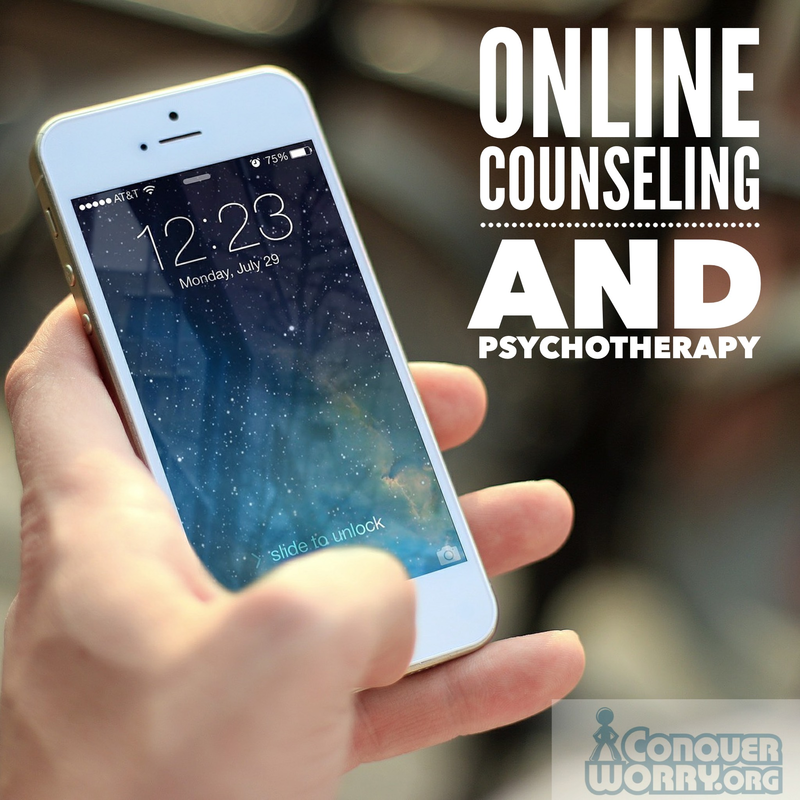

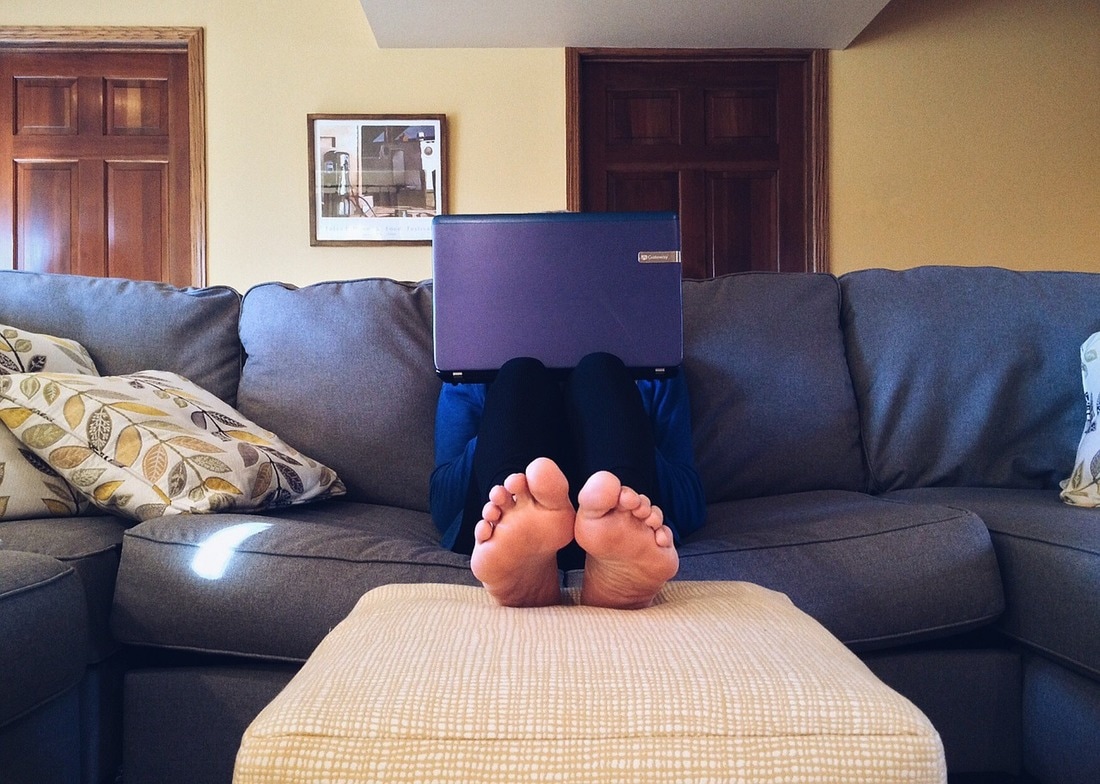
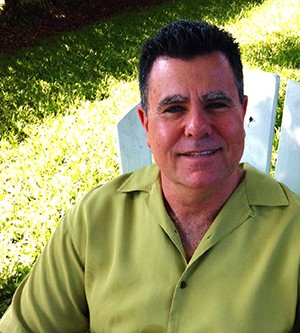

 RSS Feed
RSS Feed





